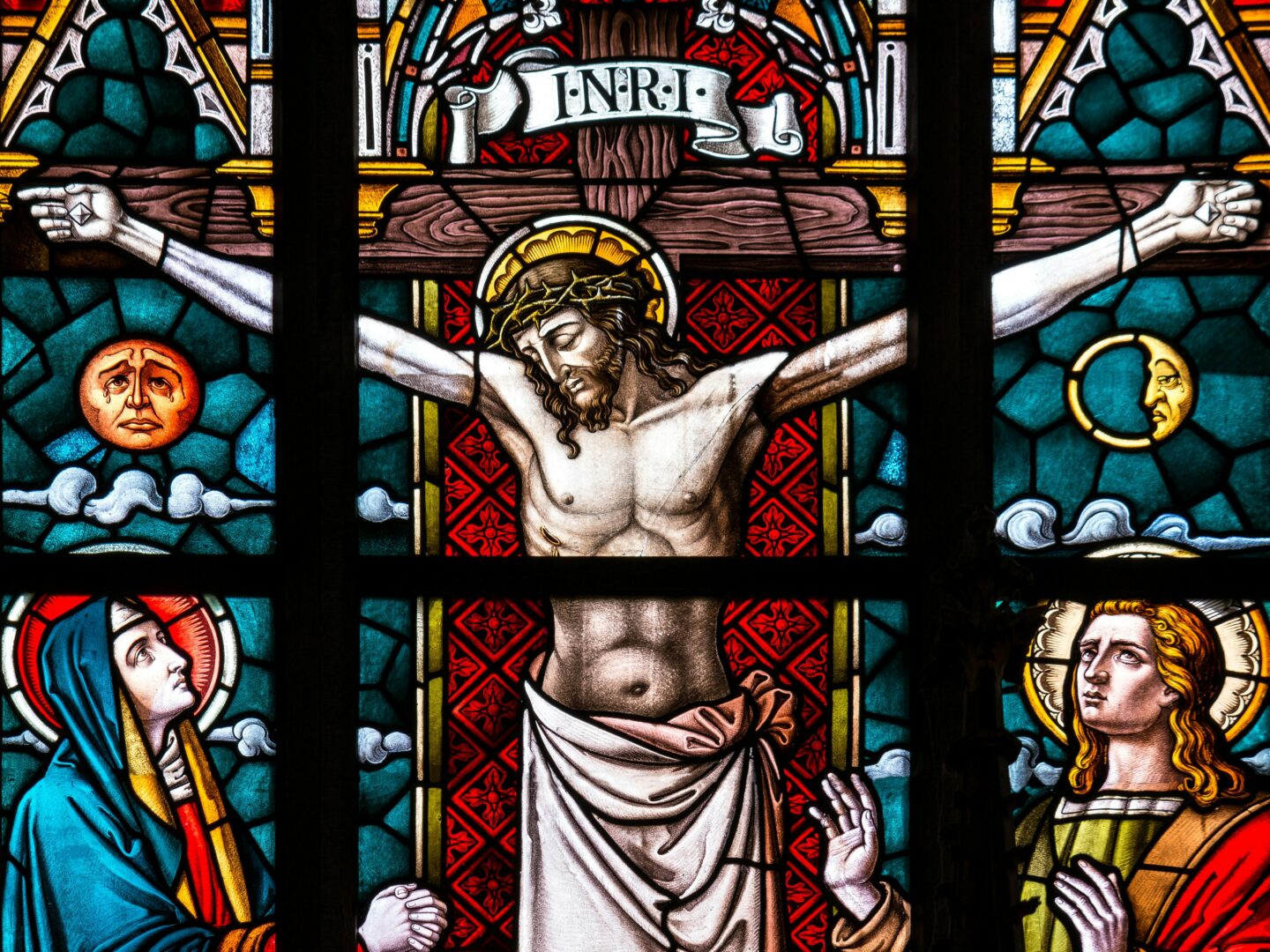He has seven children, attends a Latin Mass and has driven issues of reproductive rights back into the center of American politics. In 2002, he traveled to Rome to express his support for the founder of the ultra-conservative Catholic lay movement called Opus Dei.
With these boxes on his religious resume checked, Rick Santorum has convinced Americans, even those who disagree with him, that he’s the Republican candidate who most stands for orthodox religious faith. He has been called “devout,” “traditionalist,” and even — by the Catholic historian Garry Wills — “a papist.”
So it is worth pointing out here that Santorum is not, in fact, all that Catholic.
Let me put that another way. Obviously, Rick Santorum is a Catholic. I have no doubt that his relationship with his church is genuine, profound and sustaining on a personal level.
But just like every religious believer through the millennia, Santorum observes the teachings of his church selectively. In this political primary race, he has advertised (or implicated) his Catholic bona fides when talking about abortion and contraception, and he has invoked his faith more broadly on issues such as pornography and family values. But on the following issues, Santorum’s position diverges — sometimes a lot — from that of his church.
1. The death penalty: “Ending the death penalty would be one important step away from a culture of death and toward building a culture of life,” wrote the U.S. Conference of Catholic Bishops in 2005. Both Benedict XVI and John Paul II opposed the death penalty and praised foreign leaders who abolished it.
Santorum supports it. In the 1990s, he voted against replacing the death penalty with life imprisonment and for a motion that would limit inmates’ appeals in death-penalty cases. Recently, though, the former senator seems be suffering pricks of conscience. “If there is not certainty, under the law, the death penalty should not be used,” he told Piers Morgan this year.
2. Torture: The catechism of the Catholic Church clearly opposes it: “Torture, which uses physical or moral violence to extract confessions, punish the guilty, frighten opponents, or satisfy hatred is contrary to respect for the person and for human dignity.”
Santorum endorses it. He doesn’t call it torture, though. He calls it “enhanced interrogation techniques.”
3. Nuclear Iran: On what is perhaps the most pressing foreign policy issue of the day, the Catholic Church urges restraint. “In Catholic teaching, use of force must always be a last resort,” wrote Bishop Richard E. Pates in a recent letter from the bishops’ conference. “Discussing or promoting military options at this time is unwise and may be counterproductive.”
Santorum believes that America should threaten Iran with bombs. “I would be saying to the Iranians, you either open up those facilities . . . or we will degrade those facilities through airstrikes,” he said on “Meet the Press.”
4. Immigration: Only on this issue has Santorum explicitly distanced himself from the church he loves so much. The Catholic bishops support immigration reform that includes a way for illegal aliens to earn citizenship. Santorum wants to build a fence between the United States and Mexico. On his Web site, he conflates immigrants with “drug cartels, violent criminals and terrorists.” Following the bishops’ recommendations, said Santorum in December, “would be creating a huge magnet for people to come in and break the law some more.”
At issue here is not Santorum’s inconsistency. He is running for president, not for pope, and in any case, the best religious teaching sets high standards for behavior and action in the world; it does not demand blind obeisance. At issue is the myth, perpetuated by religionists on the right (including Santorum himself), that the selective and self-serving observance of religious rules and doctrines is a sin committed exclusively by the left. The practice is known as “cherry picking.” Both sides do it.
“We do well among people who take their faith seriously,” Santorum told Fox News last week. That’s true only if what Santorum means by “faith” is a set of politically motivated conservative beliefs, which don’t have very much to do with religion at all.
